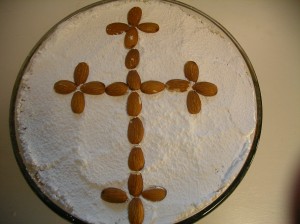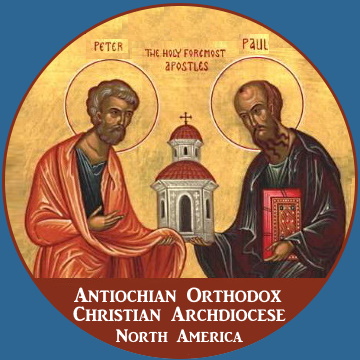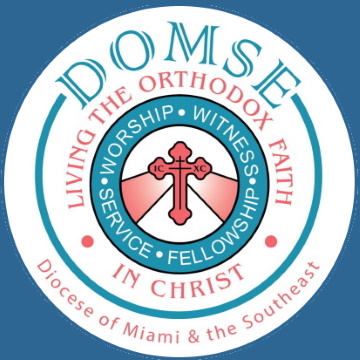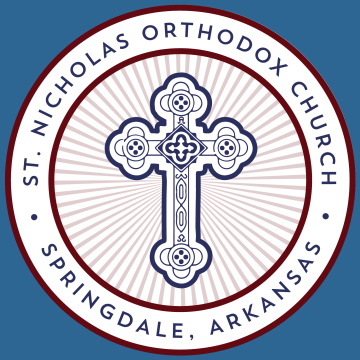Third Tuesday in Great Lent
Kathisma 7 (Psalms 46-54)
“Thou hast loved evil more than goodness, unrighteousness more than to speak righteousness. Thou has loved all the words of engulfing ruin, and a deceitful tongue.” (Psalm 51)
Like so many of the Psalms inspired by events in David’s life, this one also has a story behind it. King Saul was jealous of David and his relationship with David had become poisoned. He wanted to kill David, but Saul’s son, Jonathan, was David’s best friend. Jonathan warned David one night that his father, King Saul, meant to kill David.
In a rush, David fled from King Saul. He went to the priest, Abiathar, and asked for supplies. Abiathar thought it was awfully suspicious that David would be so desperate, but David told him that he was on an urgent mission and needed food and a sword. Abiathar gave David the shewbread from before the Lord (which only the priests were to eat) and the sword of Goliath, whom David had slain.
This story may be familiar to you, but a lesser known person was also present: Doek the Idumean. Doek was an humble servant of King Saul, a keeper of sheep, but he witnessed David’s encounter with Abiathar. When King Saul was angry that David had escaped him, Doek stepped forward and tattled. He thought King Saul would reward him for his information, so he betrayed David and the priest.
King Saul called Abiathar and many other priests to himself, and there he commanded the soldiers to slay them for taking sides with David. The soldiers refused because they feared God and didn’t want to kill His priests, but Doek saw more opportunity here. He slew them all.
That is what this Psalm is about: Doek used his mouth to do evil. He used words to condemn men to death. He didn’t tell any lies, but he did speak about things he had no business speaking about. Why? Because he thought it would get him ahead. Doek is a classic back-stabber. He “loved the words of engulfing ruin.” He enjoyed doing damage with his words. Doek did it because he thought it would bring him earthly benefits. Doek thought that King Saul’s pleasure was worth more than God’s pleasure.
Silence is an important discipline. It isn’t only lying that we have to avoid. Doek spoke the truth, but the truth he spoke was ruinous. Even though he spoke the truth, it caused a lot of damage, and all because he didn’t mind his own business. He spoke a destructive truth in search of personal reward. A righteous man will laugh at such a person and say: “this is the man who strengthened himself in vanity.”
 Services in Church for the benefit of one’s departed, thereby offering unto God, as it were, a sacrifice of propitiation (atonement) for the dead person, and in honor of the Sovereign Lord over life and death.[1]
Services in Church for the benefit of one’s departed, thereby offering unto God, as it were, a sacrifice of propitiation (atonement) for the dead person, and in honor of the Sovereign Lord over life and death.[1]

